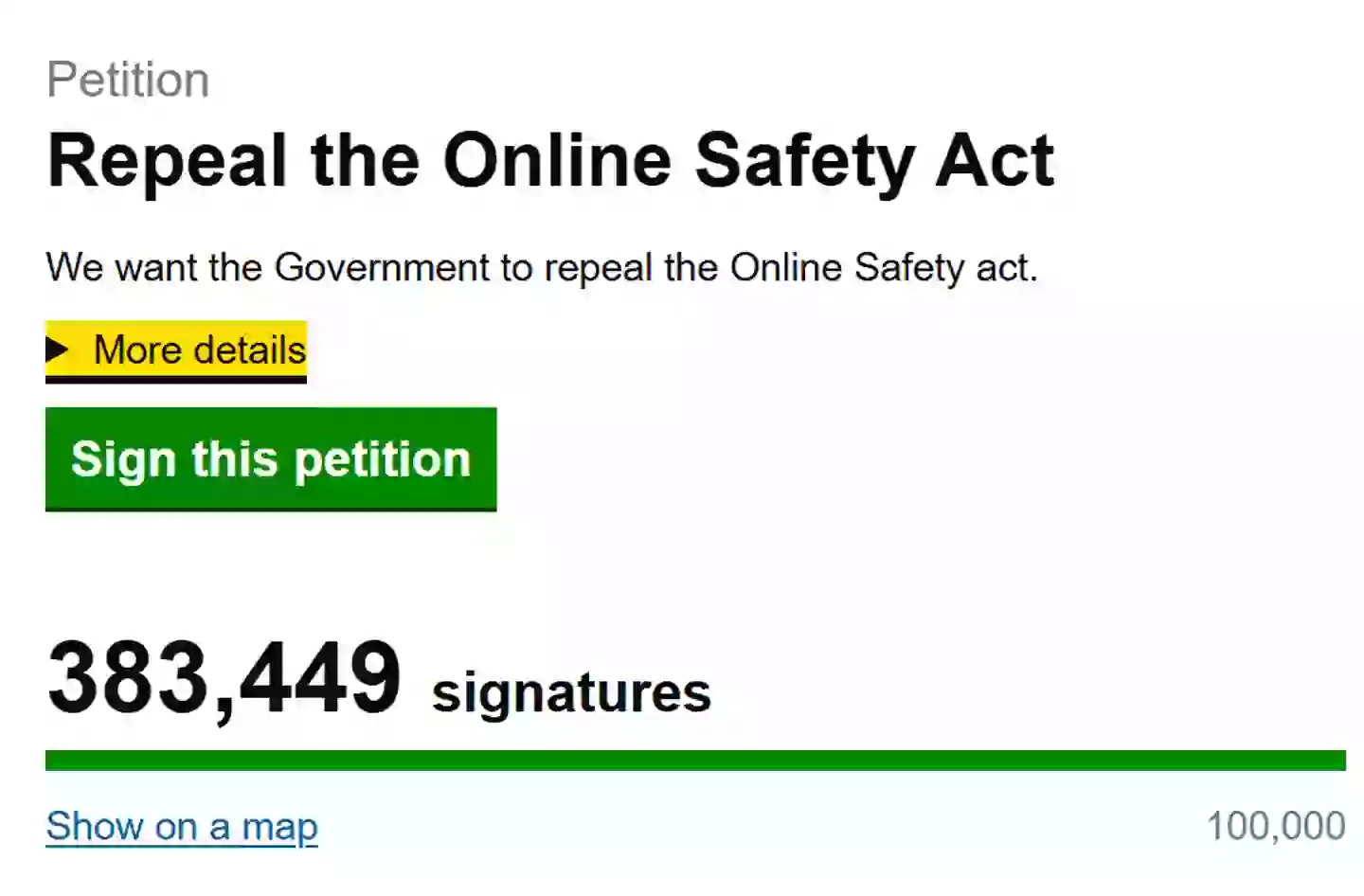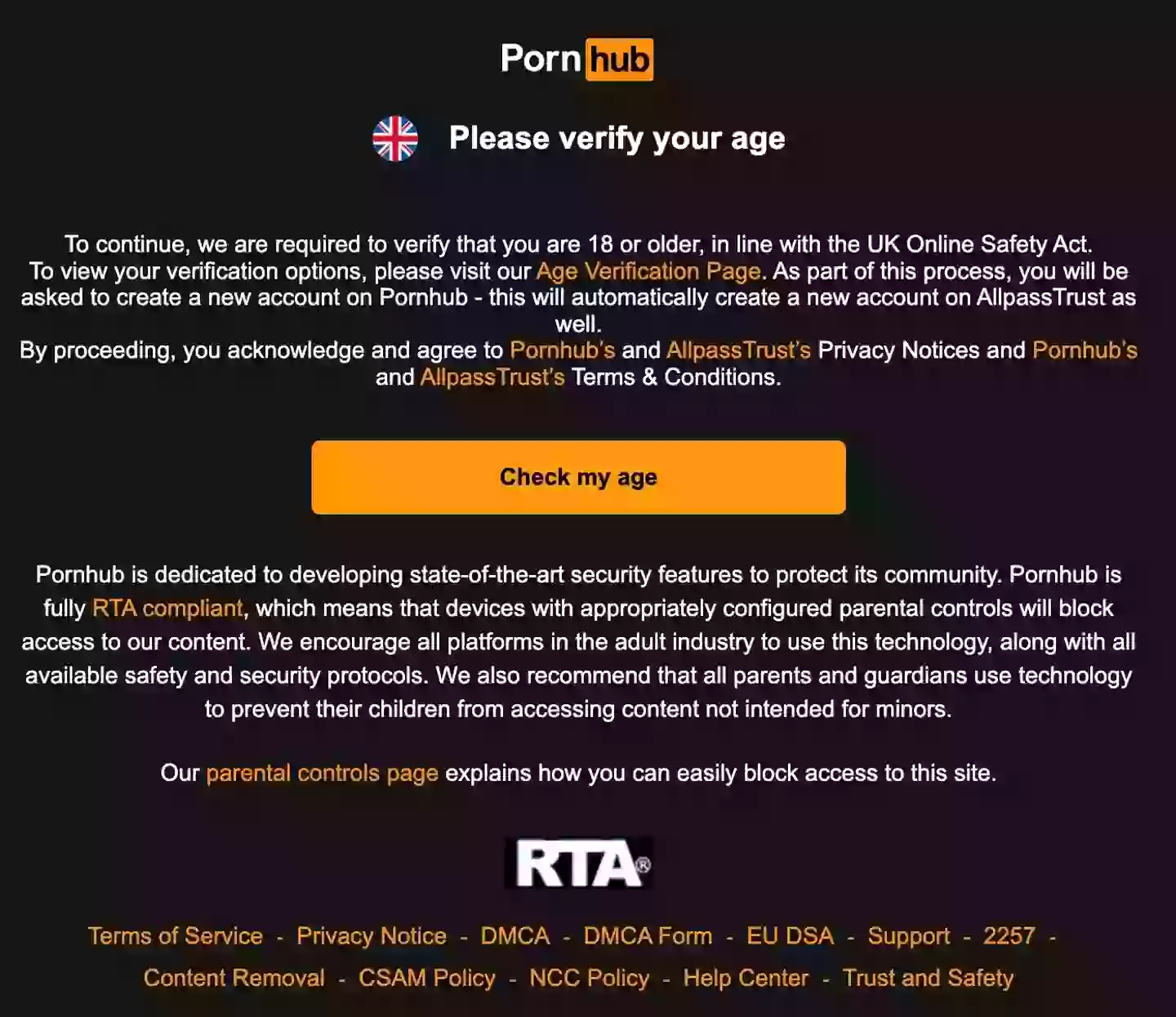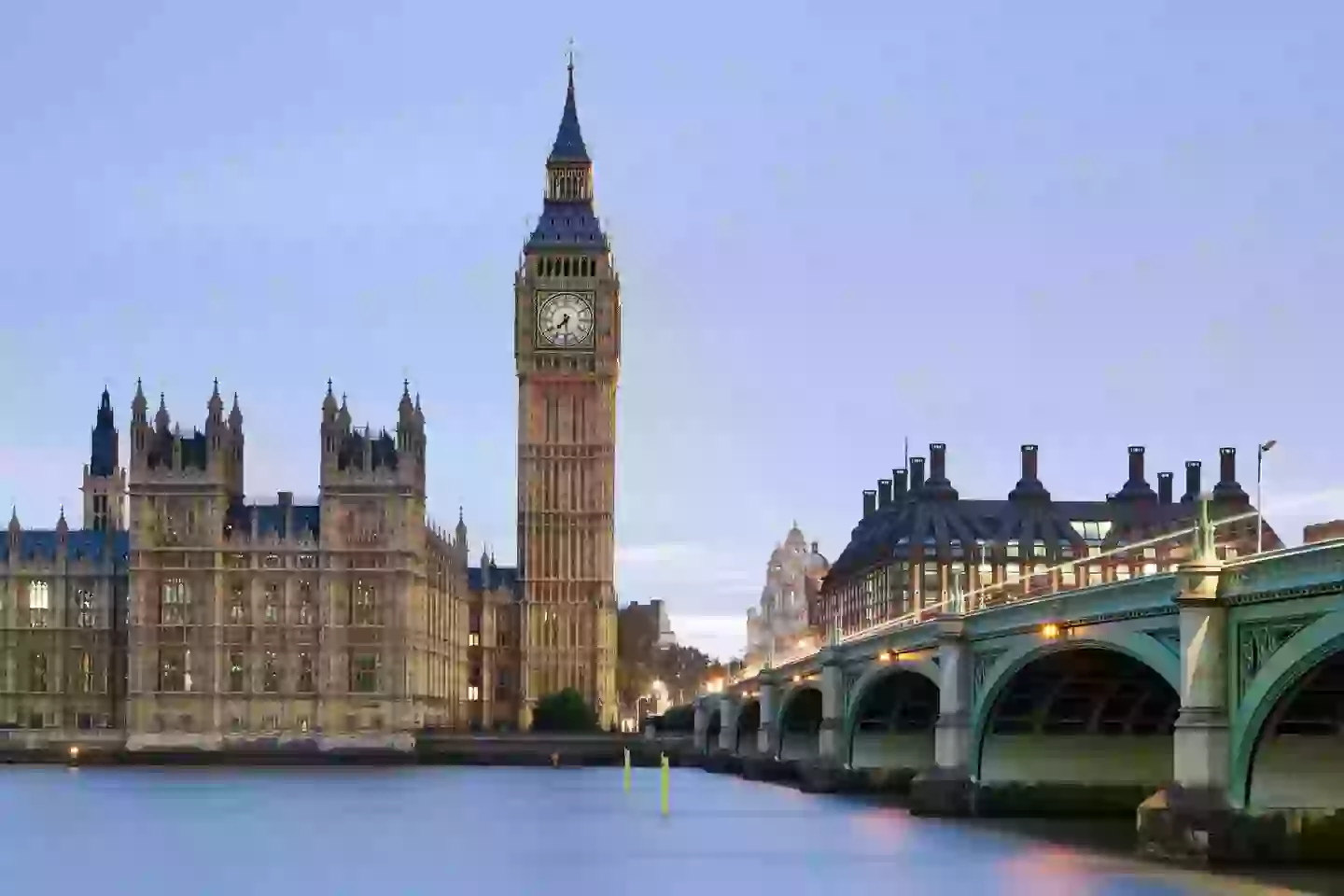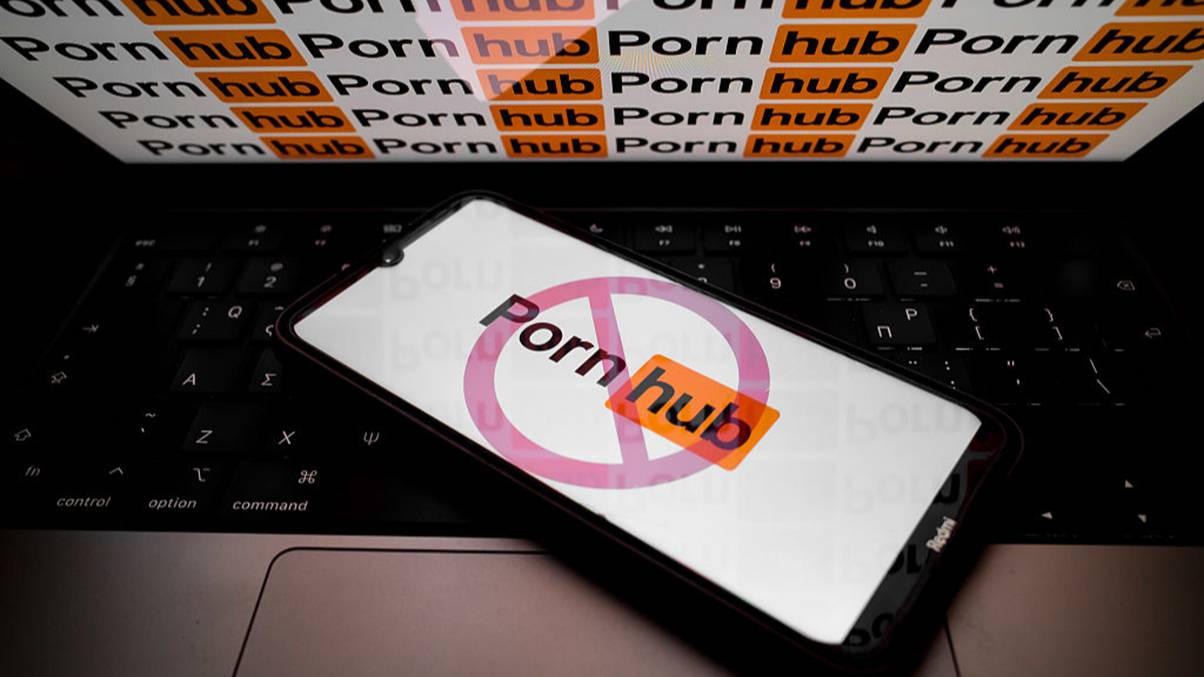UK Government Faces Fierce Backlash: Will It Reverse Controversial Porn Law After 300,000+ Sign Petition?
Ever stumble onto a site and suddenly find yourself rummaging through the digital wallet, proving you’re old enough to be there? Welcome to the new norm in the UK’s internet playground, where age checks have become the uninvited bouncer to everything from Reddit to Wikipedia. The government’s latest manoeuvre, sprouting from the Online Safety Act, aims to shield the kiddos from the darker corners of the web—but, boy, has it stirred quite the storm. Privacy concerns are bubbling over and a petition with hundreds of thousands of signatures is waving a “no way, Jose” flag at these changes. So, the question remains: is this a savvy safeguard or a clunky curb on our click freedom? Dive in with me as we unpack the backlash, the fines looming over websites, and even Pornhub’s unexpected thumbs up for the crackdown. LEARN MORE
The government has responded to a petition which wants to reverse the recent changes made to the internet in the UK.
By now you’ve likely noticed that some of the websites you regularly visit have been asking you for some form of identification to prove you’re of a certain age.
While these new rules are having a wide-sweeping impact on porn sites, they also apply to all sorts of other websites including Reddit, X, Bluesky, and Discord.
Not even Wikipedia has managed to escape regulation under the Online Safety Act, and these new measures have resulted in a significant backlash among Brits.
The government says the measures have primarily been taken to protect children on the internet from ‘harmful’ content, pointing towards the young age at which the UK’s kids first see explicit content online and the ways other damaging posts end up on their screens which may encourage the likes of self harm and consuming dangerous materials.
However, it turns out that people are really not big fans of being asked to hand over some data to get on websites they used to have a much easier time accessing, as the new rules require you to verify your age in a more serious way than checking a box.

There’s a lot of people not happy with this (UK Government and Parliament)
Over 300,000 people sign a petition over new ‘porn rules’
At time of writing a petition calling for the repeal of the Online Safety Act has just made it beyond 383,000 signatures.
The petition says that parts of the act are ‘far broader and restrictive than is necessary in a free society’, and the organisers warned that beyond the headline grabbing restrictions on viewing porn there were many smaller ‘online hobby forums’ which were shutting down as they were worried they couldn’t deal with the costs.
The new rules have punishments for websites found to have broken the rules, as fines of up to £18 million or 10 percent of a site’s global annual revenue can be levied.
Some smaller sites are packing up and calling it a day as the risk of being hit with a punishing fine over ‘individual bad faith actors’ is more than they want to deal with.
Meanwhile, across the internet there are also plenty of people protesting at the sudden demands for them to hand over their personal information to look at sites they’d rather not have people know they were looking at.
.jpg)
Supporters of the act say it’ll help protect children on the internet, opponents argue it’ll hurt smaller sites and puts people’s data at risk (Getty Stock Photo)
What are people seeing on websites?
When Brits are getting onto certain websites they’re now greeted with calls for age verification before they can proceed any further.
The new rules demand that they do this for Brits if they host ‘harmful’ content, and some places have got multiple means of verification which people can use.
Regular internet users are very much not liking what they are seeing with these changes, hence the petition to try and overturn the bill that became law a couple of years ago but has only just kicked in to give websites time to adapt.

There are several methods of age verification (Pornhub)
The government responds to the petition
Petitions on the site which reach over 100,000 signatures will be considered for a debate in parliament, though most often the debate is a very short conversation that boils down to the answer ‘no’.
The government yesterday (28 July) provided a response to this petition over the Online Safety Act, which if you like you can read in full here, with them saying: “The Government is working with Ofcom to ensure that online in-scope services are subject to robust but proportionate regulation through the effective implementation of the Online Safety Act 2023.”
In a very lengthy answer the government said it was ‘right that the regulatory regime for in scope online services takes a proportionate approach, balancing the protection of users from online harm with the ability for low-risk services to operate effectively and provide benefits to users’.
However, the big message to take away from their answer is that the government ‘has no plans to repeal the Online Safety Act’.
In essence, they’ve rejected the petition, meaning that the new rules on how the internet works will not be reversed by this government.
They said their aim with the new rules was ‘not to penalise small, low-risk services trying to comply in good faith’ and promised Ofcom would adopt a ‘sensible approach’ in these cases.
All in all it’s a whopping big ‘no’ in answer to the petitioners.

If you want the government’s response to the petition summed up, it’s ‘no’ (Paul Panayiotou/Getty Images)
Pornhub’s response to the new rules
One of the sites most affected by these new rules is, rather predictably, Pornhub.
Aylo, the company that owns Pornhub, told LADbible their view on the Online Safety Act and it was surprisingly positive.
Alex Kekesi, VP Brand and Community for Aylo, said: “Ofcom’s model is the most robust in terms of actual and meaningful protection we’ve seen to date. When governments and regulators engage with industry in good faith, the outcome is not just better compliance, it’s smarter, more effective solution.
“We believe in Ofcom’s intent and ability to enforce compliance with the Online Safety Act. Without real enforcement, age assurance laws are meaningless, driving traffic to non-compliant sites and exposing users to dangerous content.
“Keeping minors off adult sites is a shared responsibility that requires a global solution. It requires cooperation between government, tech platforms and adults. We want to be part of the solution and are hopeful that the UK model stands to set a strong precedent to that end.
“We have long worked with governments around the world to better protect kids online.”

















